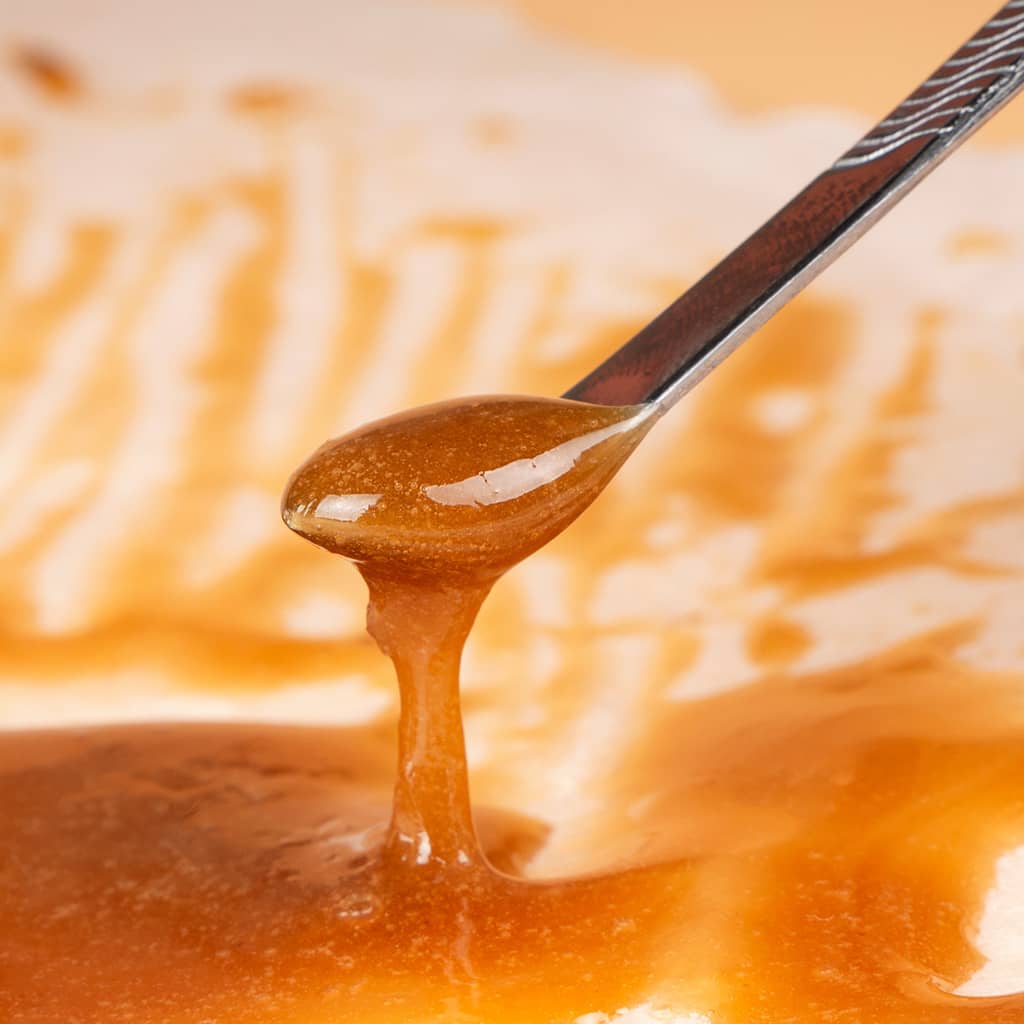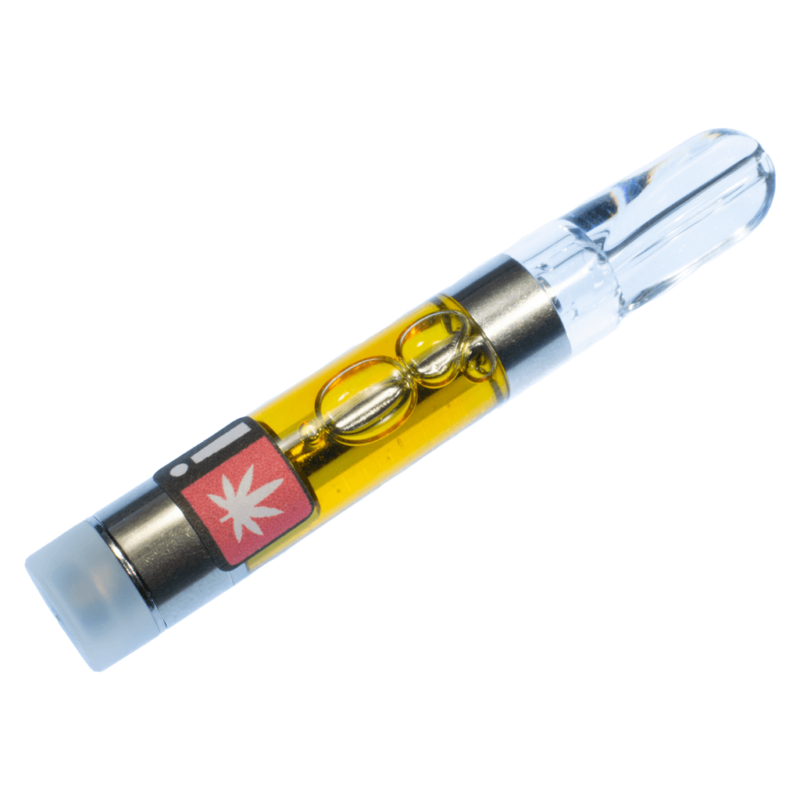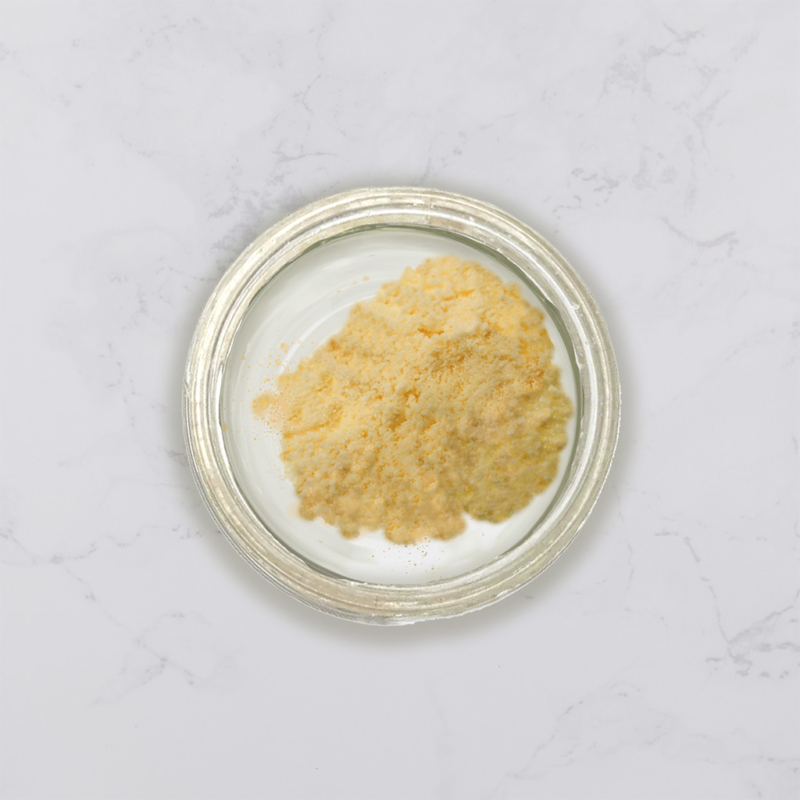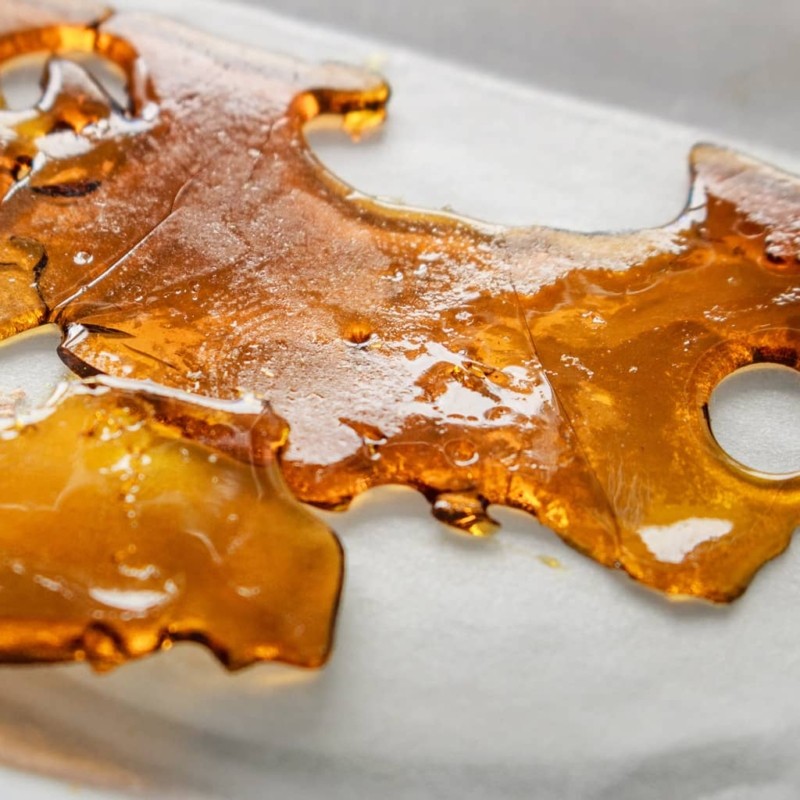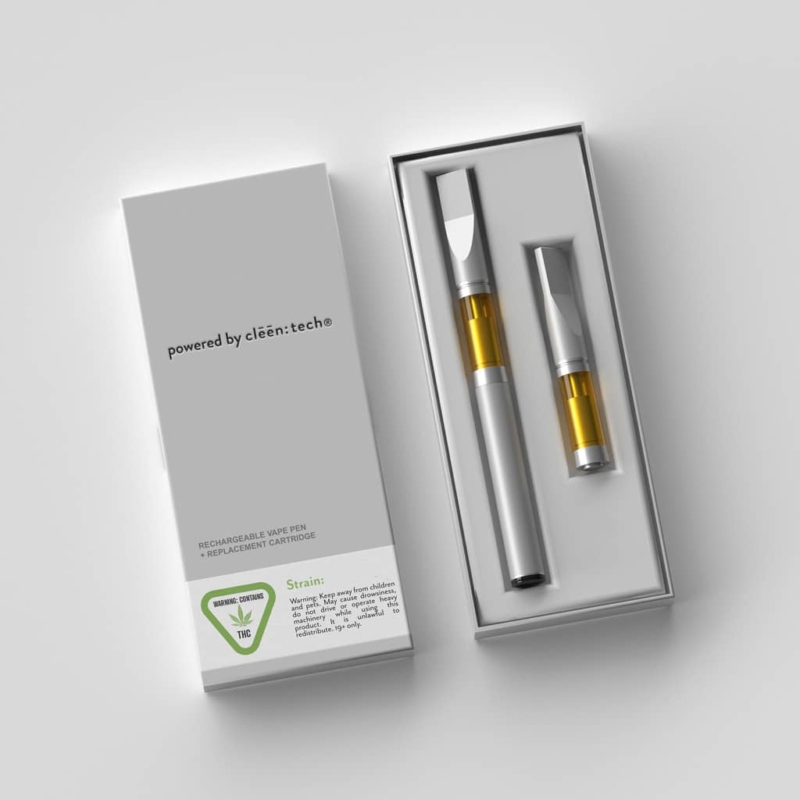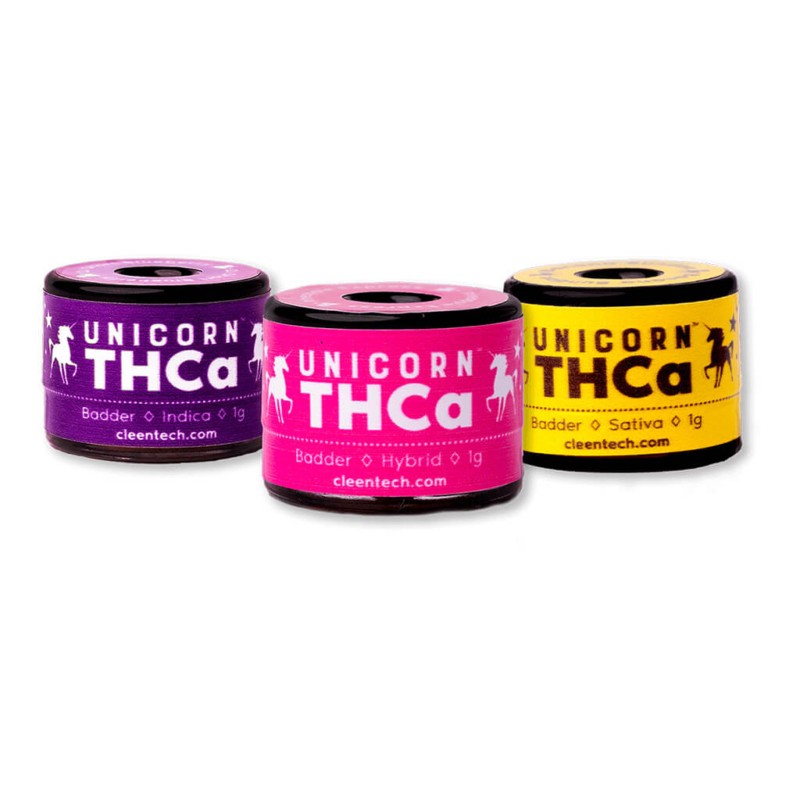Hemp Oil vs CBD Oil: What Is The Difference?
Written by: Scott Sondles

Hemp oil and cannabidiol (CBD) oil can both come from the hemp plant, but hemp oil is a super-food extracted by crushing hemp seeds, while CBD oil is a super-antioxidant extracted from the flowers and trichomes of the hemp plant. Hemp oil contains zero to negligible amounts of cannabinoids, while CBD oil extracted from the flowers is rich in cannabinoids.
Hemp oil is extracted from seeds & has no cannabinoids.
CBD oil is extracted from female hemp flowers & has lots of cannabinoids.
Hemp oil and CBD oil are often confused, but hemp oil by itself doesn’t contain any cannabinoids such as CBD. CBD oil can be infused or mixed into hemp oil to create a hybrid supplement or product, but hemp oil contains zero CBD in its raw state. Both hemp oil and CBD oil are great additions to personal care and consumer packaged good formulas, but for their own unique reasons. – The Future of Personal Care: What are Cannabinoids?
Hemp oil and CBD oil are also often confused with their notorious cousin marijuana. Hemp oil and CBD oil are cousins to the marijuana plant, but there are critical differences between hemp and marijuana. Hemp seed oil contains zero of the psychoactive cannabinoid THC, and CBD oil contains less than 0.3% THC. Users of hemp oil or CBD oil have no risk of failing a drug test. It is important to note that many marijuana strains of cannabis have high levels of CBD. However, CBD oils or ingredients that are derived from marijuana are still illegal in most states.
CBD Oil
CBD oil is most often taken as a wellness supplement, to relieve pain, to support brain health, to boost the immune system, and as a relaxant. With so many benefits, CBD supplementation and infusion into products will continue for years to come. A 2020 Gallup poll reported that around 14% of the American population is already using some form of CBD. This percentage is higher than the number of people who take omega 3 fish oil supplements!
CBD oil is derived from hemp flowers that are cultivated similarly to marijuana. This means only feminized seeds or female clones are used, and no males are allowed to pollinate the valuable flowers. Hemp cultivation, on the other hand, uses both male and female plants or in a similar fashion to traditional grains.
CBD oil derived from hemp or cannabis flowers is most popularly used to manage pain, anxiety, and insomnia, but CBD is a super antioxidant that can improve the formulation of virtually every type of personal care product or consumer packaged goods. From a pure antioxidant perspective, CBD has been found to be more potent than vitamin C or E! Studies have also reported that CBD oil has antimicrobial properties and may have the ability to control excessive oil production and tame acne inflammation.
Hemp Oil
Hemp oil is made from hemp seeds rich in essential fatty acids, which makes it the perfect ingredient for personal care formulation or dietary supplements. Before CBD took the market by storm, dozens of personal care brands used hemp seed oil for its amazing moisturizing properties and skincare benefits. Hemp oil doesn’t contain the bioactive terpenes or the cannabinoids found in CBD oil. Still, hemp oil helps to encourage healthy cellular functions by providing the perfect balance of omega fatty acids. These trailblazing brands and companies had to import their hemp seed oil from Canada or Europe prior to the 2018 Farm Bill and now hemp seeds can be cultivated and crushed right here in America.
Early motivation to use hemp oil in personal care products was driven by consumer awareness around the perfect balance of omega 3 and omega 6 fatty acids in hemp oil. Hemp oil’s balance of omegas makes it a powerful anti-inflammatory ingredient. One drawback that consumers should be aware of is that the essential fatty acid profile of hemp oil also means the oil has a relatively short shelf life of 9-12 months, so hemp oil should be stored in a refrigerator when not being used. Using hemp seed oil in their formulations, brands need to use the freshest hemp oil possible to optimize their product shelf life. If you’re buying hemp oil in bulk a common question to ask is when were the harvest and crush dates of the seeds?
Similar to the benefits of CBD oil, hemp oil has its unique properties. In an article from Women’s Health Magazine, Dr. Maura Henninger, a Naturopathic Doctor in New York City stated, “this oil is particularly good for people prone to redness and skin irritations like eczema, rosacea, and psoriasis because it’s high in omega-3 and -6 fatty acids that help to hydrate the skin.” During the dry winter months, hemp oil supplementation and topical applications can be just the relief that your cracked skin needs. With so many of us paying more attention to the number of times we wash our hands, hemp oil can become a go-to moisturizer for preventing hands from completely drying out. Some researchers have suggested the hemp oil may have better long term moisturizing properties if taken orally as opposed to only topical applications.
Other researchers have concluded that pimple-prone consumers have the most to gain from using personal care products with hemp oil. Hemp seed oil’s rich fatty acid profile rivals the antimicrobial and anti-inflammatory properties of coconut oil, but the main advantage over other moisturizers is that hemp seed oil is non-comedogenic, meaning the oil won’t clog your pores. This characteristic makes hemp seed oil the ideal moisturizer for face oils and personal care facial products. Many beauty experts believe that applying hemp seed oil at night right before bed is a quick way to tame or calm acne inflammation. Consumers with oily skin or the 50 million Americans who suffer from acne should begin to seriously consider taking hemp oil both topically and orally to moisturize their skin and minimize signs of aging. Dozens of studies and articles have already documented the importance of omega fatty acids for reducing psoriasis symptoms, and after conducting a 20-week randomized, single-blind crossover study with atopic patients, The Journal of Dermatological Treatment concluded that:
“Dietary hempseed oil caused significant changes in plasma fatty acid profiles and improved clinical symptoms of atopic dermatitis. It is suggested that these improvements resulted from the balanced and abundant supply of PUFAs in this hempseed oil.”
The environmental benefits of hemp seed oil is notable as it is incredibly sustainable. Additionally, it can help localize the ingredient sourcing and personal care manufacturing supply chains. This will have the effect of relieving some of the market demands for deforesting rainforests in the name of palm oil production or other tropical ingredients.
Perfect Balance & Perfect Combination
Hemp oil doesn’t contain the medical properties of cannabinoids, but that doesn’t mean it isn’t a super dietary supplement. Many wellness experts are even combining hemp oil and CBD oil to smoothies and hemp oil is the perfect complement to the heart-healthy Mediterranean-style diets. Researchers believe that our body’s endocannabinoid system tone is largely defined by our diet and a diet with a healthy balance of omega fatty acids encourages healthy neurological communication.
A healthy diet starts with the perfect balance of omega fatty acids and there is no better food than hemp. When compared to all other oils or fats in the world, hemp oil contains ‘the’ most ideal ratio of omega 6 to omega 3 fatty acids, contains the rare gamma-linolenic acid (GLA), and has a healthy dose of all nine essential amino acids. Scientists have identified an omega ratio between 2:1 or 5:1 is ideal and hemp has an omega 6 to omega 3 ratios of 3/1. No other plant can claim such perfect balance and hemp seeds also have adequate levels of vitamins A, C, and E. Hemp seeds are a great addition to your diet and hemp seed oil is the perfect oil to be absorbed into your skin. Oral consumption of hemp seeds or hemp seed oil may lower blood cholesterol levels and prevent coronary heart disease.
Having a balanced ratio of omega fatty acids could mean the difference between a healthy disease-free life or being diagnosed with a nasty disease such as breast cancer. Our diets also play a vital role in how our bodies react to cancer treatments. Many scientists are now claiming an excessive amount of omega 6 actually hurts our body’s ability to absorb the healthier omega 3. Developing imbalances in our omega fatty acid consumption will eventually cause inflammation and directly impact the functioning of our endocannabinoid system that CBD oil acts upon.
Hemp oil’s perfect balance of omega 6 to omega 3 fatty acids will put your body in the best position to minimize inflammation and optimize body functions, but when things get inflamed or your immune system needs a boost that’s where CBD comes in. – Connect with Cleen Tech today to stay updated with the latest industry news.


